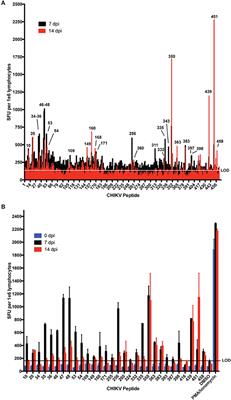REVIEW
Published on 28 Apr 2020
Disease Resolution in Chikungunya—What Decides the Outcome?
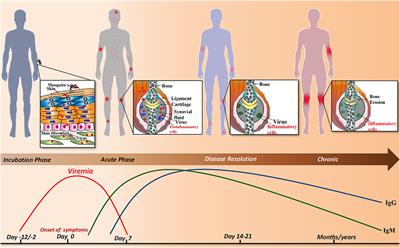
doi 10.3389/fimmu.2020.00695
- 9,980 views
- 26 citations
12k
Total downloads
49k
Total views and downloads
REVIEW
Published on 28 Apr 2020

ORIGINAL RESEARCH
Published on 05 Mar 2020
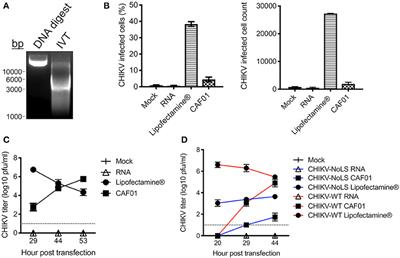
PERSPECTIVE
Published on 21 Feb 2020

ORIGINAL RESEARCH
Published on 31 Jan 2020
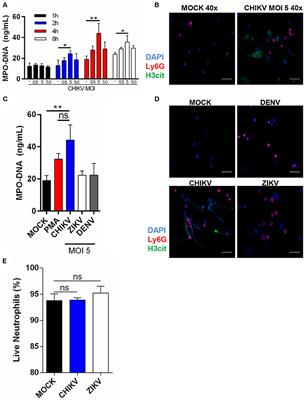
ORIGINAL RESEARCH
Published on 14 Jan 2020

ORIGINAL RESEARCH
Published on 26 Nov 2019
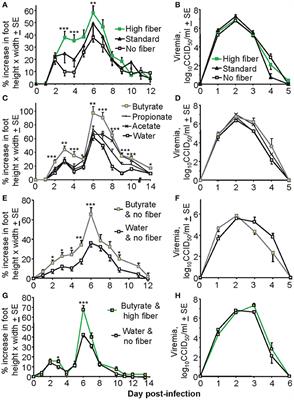
ORIGINAL RESEARCH
Published on 31 Oct 2019
